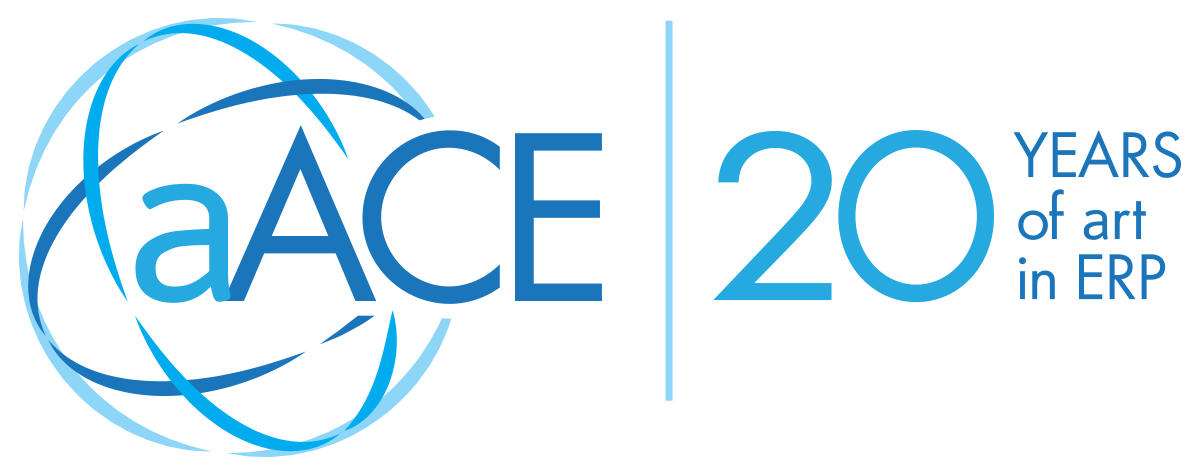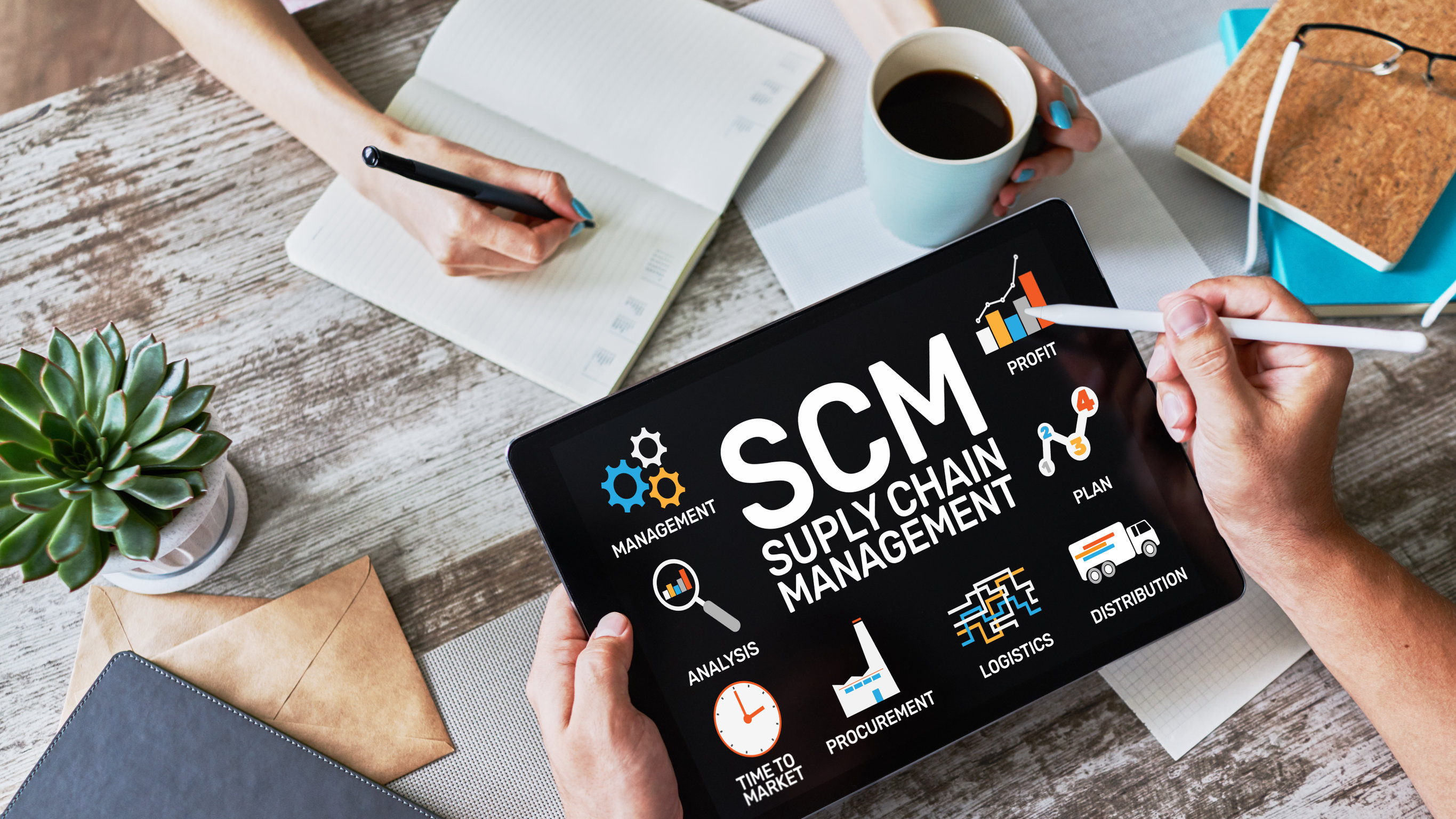Experts say the global ERP software market will reach more than $86 billion by 2027. With a compound annual growth rate (CAGR) of nearly 10%, ERP systems are standard for businesses of all sizes.
On the other hand, the global supply chain management (SCM) is growing just as fast, with a CAGR of 10.4%. Experts say the market will reach almost $42.5 billion by 2027.
With the SCM market being about half of the ERP market, you can see they offer different services for businesses, even though they are closely related. Their differences highlight what each provides and why each is necessary to succeed.
Keep reading to learn more about ERP, SCM, and how they assist companies.
What Is Enterprise Resource Planning (ERP)?
An ERP system is an all-encompassing program with multiple functionalities to assist various departments in a business. Some examples include:
- Accounting
- Business Intelligence (BI)
- Customer Relationship Management (CRM)
- Manufacturing
- Supply Chain Management (SCM)
As you can see, supply chain management is a subset of ERP software, which why its market size is considerably smaller.
ERP systems assist business performance management by providing the following:
- Analytics
- Efficiency
- Intelligence
- Visibility
Benefits of ERP
There are several benefits for companies that use an ERP system. One is improved collaboration. ERP systems are complete, integrated systems that manage all aspects of a production-based or distribution business, aligning financial management, supply chain management, and manufacturing or distribution with the core function of accounting. In addition, the system provides real-time updates so that everyone is always on the same page with the same data.
This centralized system reduces administration and operational costs through automation. As a result, it allows businesses to save money while streamlining processes to improve efficiency.
Companies also see improved transparency, accountability, and customer service.
Companies using ERP software can optimize their supply chain and better respond to market changes. This flexibility is vital for growth and adaptation to changing business needs.
Further, businesses that plan to scale over time also benefit from an ERP system because it offers various scalability tools.
An ERP system also helps companies regularly meet compliance laws. The software ensures your operations always comply with changing rules and regulations.
What Is Supply Chain Management (SCM)?
Comparatively, supply chain management is defined as a solution that governs the supply chain process. The supply chain begins with the delivery of raw materials from a supplier and ends with the delivery of a finished product or service.
Unlike an ERP solution that provides services for several business sectors, SCM is limited to the supply chain. Key features of SCM include:
- Order Management
- Warehouse Management
- Logistics
- Analytics and Reports
- Return Management
Order Management traces orders from receiving and manufacturing to delivery. Warehouse Management governs employees, orders, picking, and receiving. Logistics maintain anything associated with the supply chain, such as:
- Employees
- Fleets
- Machinery
- Warehouses
Analytics will manage supply chain KPIs to ensure it is operating at total capacity. Graphs and charts give you insights to see where to maximize efficiency
Finally, return management handles refunds, returns, recalled items, and insurance claims. SCM software can also handle planning and strategy when creating new products and services.
Benefits of SCM
There are a few key advantages to using an SCM system. The first is enhanced vendor relationships. The system provides specific vendor data so you can track their performance and assess your partnership with them.
Businesses can generally have better communication with all business partners like shipping and transportation companies.
SCM also increases data transparency and safety. It’s easy to monitor key performance indicators, or KPIs, such as:
- Perfect Orders
- Fill Rates
- Freight Bill Accuracy
- Days Sales
- Customer Order Cycle Times
Implementing an SCM system improves financial stability too. The data helps to reduce overhead costs and lessen errors with automation. Better efficiency allows for fewer delays and a healthier supply chain network.
ERP vs. SCM: Key Differences
Although you can see some differences between ERP and SCM systems, let’s take a closer look at them.
One significant difference is that ERP focuses on a business’s internal work processes, including administration, product planning, and production. ERP runs in-house and is more exhaustive. However, SCM is primarily external. It focuses on the data of raw materials from external suppliers and supplier collaboration. Therefore, an SCM system is more specialized and itemized.
Additionally, ERP systems focus on tasks and managing a company. Thus, some say it is task-based or transactional. SCM systems, on the other hand, focus on relationships with third-party suppliers and partners. It is relationship-based and more collaborative with partners outside the core business
Of course, if your business is explicitly looking for supply chain solutions, you’ll want to consider an SCM system. But if you require a solution that aids several departments, an ERP solution will be the way to go.
ERP Supply Chain Management
As mentioned, SCM is already part of most ERP solutions. But depending on the ERP software, the SCM module may be limited or broad. So if you’re looking to use both solutions, you need to know the specific tools you need ahead of time.
Yet, you can combine these programs to have an ERP with SCM traits. This will optimize your IT and reduce training time.
Combining the systems also automates tasks such as:
- Inputting Financial Data
- Accounting for Employee Time
- Evaluating Productivity
Plus, you can better manage stock quantities. So for some companies, combining ERP and SCM is precisely what they need to push out the competition.
Get the System Your Business Needs
Both enterprise resource planning (ERP) and supply chain management (SCM) play a crucial role in helping businesses succeed. However, the system you need for your company will depend on your business goals and operations. Register for one of our upcoming webinars to learn more about how aACE can help you take your business to the next level.



